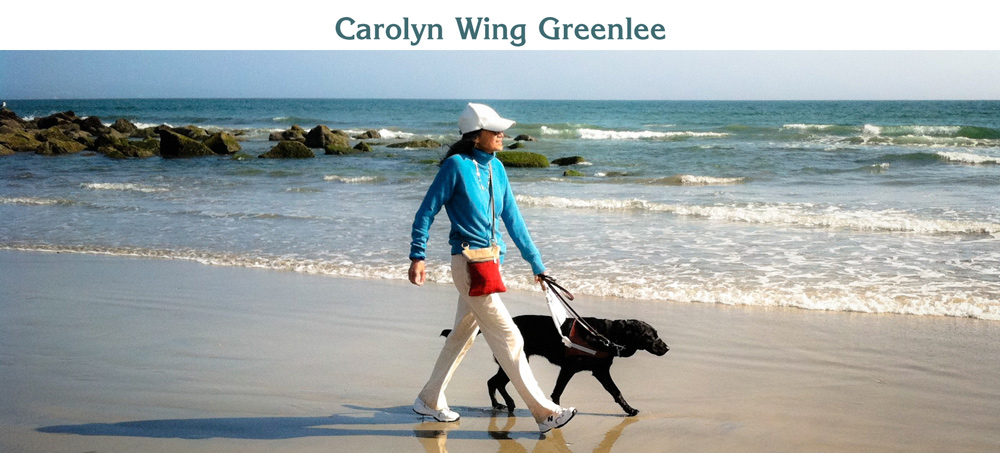All week I’ve been posting stories about Milford in celebration of his birthday, but he would be quick to tell you that he couldn’t have done what he did without Pat. In fact, after my mom died, he questioned me earnestly about my father’s well-being. How was he managing without his partner of more than 60 years? I assured him that my father was doing all right. He was supremely adaptable and quite realistic about life and death. Milford sighed, sat back in his chair, and said he didn’t know if he could make it without Pat. So, in his honor, I’m telling this story about Pat.
When I was working on the book of Milford’s work that would come to be called “Nine Decades with a Master Painter,” my mother was terribly ill with something like ALS. I flew down to Southern California every six weeks to help my dad, who had decided to care for her at home till the last. For three years I made these trips, staying two weeks at a time because caring for a person who moves less and less, who must be fed by hand and then by tube, and who cannot be left alone is grueling both physically and mentally. My father was able to keep up his spirits by adapting the house, mom’s electric wheelchair, and their cars to accommodate each new loss of capability, but I had nothing to buffer my heart from the suffering and grief except Tuesdays. Every Tuesday, around 11:00 a.m., Bill Anderson would stop by the house, pick me up, and take me to see Milford. The three of us would talk about art, the creative process, the nature of abstraction. Bill had been an art teacher. Both he and Milford had thought a great deal about all aspects of art. The conversations were stimulating. And once in a while we’d go sketching.
All day long we talked, looked at pictures, decided what should go into the book. Then, at 6:00 p.m., Pat would come in and say it was time to go to dinner. There was no arguing with her. She picked a different place each time—always her favorite spots selected for variety’s sake. One time it was The Elephant Bar with its flamboyant jungle decor and zebra-striped coffee mugs. She would never let Bill or me pay for the meal, saying we had come a long way to do this work and she wanted to do this for us.
When we returned to the house, we were allowed to resume our work for a few more hours. This was our routine whenever I was in town. Pat would ask how my mother was doing, watching my face with the intense focus of a falcon. She didn’t miss a thing.
One night Pat interrupted our work saying, “You have to come outside. The lights are on in the pool and you have to come smell the Night-blooming Jasmine.” I started to say that we were getting close to the deadline and we had a lot of work to do. She shook her head and repeated her edict, adding, “If you do everything I say, we’ll get along fine.” So we left the tape recorders and piles of paintings and papers and followed Pat outside.
The lights glowed under the rippling water. The scent of jasmine spiced the mild Southern California night air. We didn’t talk. We listened. We looked. We breathed. And it came to me—she had noticed that I had come in shredded from a particularly difficult time with my mom, and she knew that work would only distract me for a little while. What I needed was rest. And in that atmosphere of beauty, it came.
Pat was acerbic, opinionated, implacable, abrasive, and one of the kindest, most thoughtful people I’ve ever known. Milford was the famous one—she gave up her own career in art in order to support his—but she was his strength, the guardian at the gate, the lioness of protection, the lover of his soul. And for that brief time, she was that to me as well.

1 Comment
Rich Simpson
January 28, 2011 - 2:28 PMwhat a sweetheart